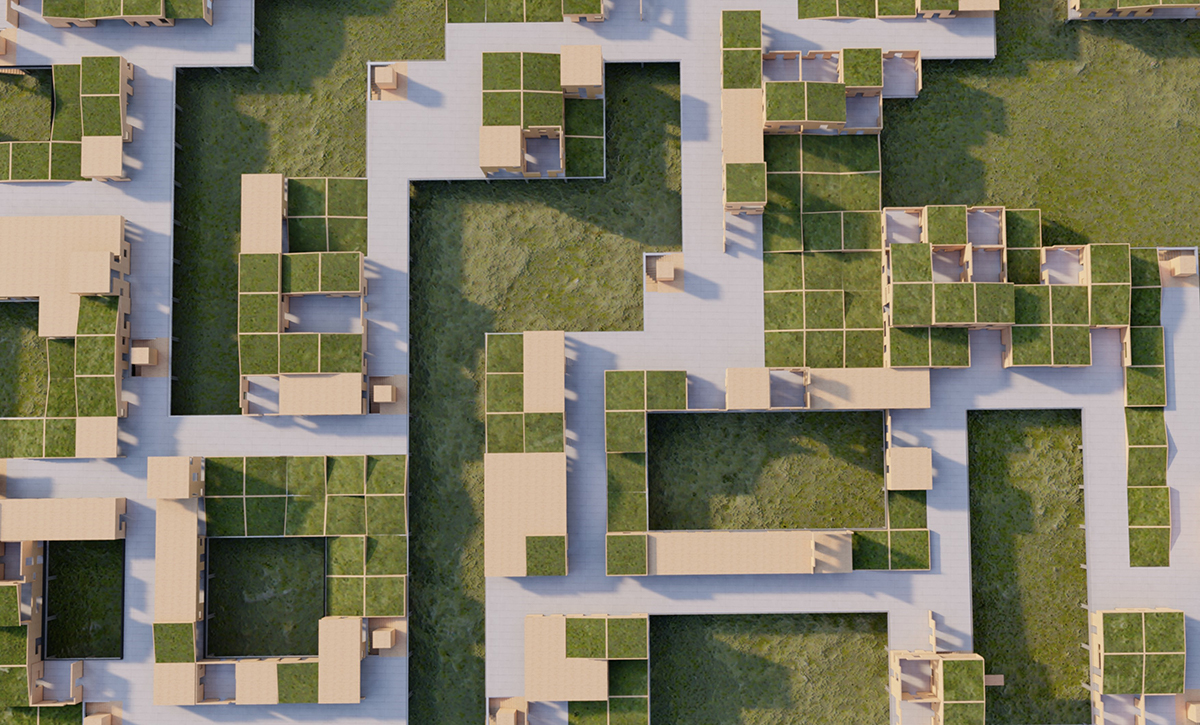What is the future of LA housing, and how can artificial intelligence help?
This is an edited blog post submitted as part of the Pando Days wrap-up from The Southern California Institute of Architecture (SCI-Arc). We asked the SCI-Arc team to reflect on their Pando Days experience and let us know what’s happened since the July Finale.
We’re delighted to let the Pando audience know that, since the premiere of our project at Pando Days, we have received a grant to progress the initiative further, focusing on an artificial intelligence (AI) application for site selection and tenant/resident pairing related to the development of affordable housing. We’re also constructing a facility for robotic assembly to prototype units and construction methods.
“AI: The Future of Housing,” SCI-Arc’s Pando Days initiative, presents a near future for Los Angeles where AI and new technologies are tools in the fight for housing equity.
Therefore, it involves research in policy, economics, and other factors. The four design proposals and algorithms we use employ AI and robotics to address accessory dwelling unit ownership, construction on steep sites, re-purposing of brownfield sites, and co-housing for people with disabilities.
Our proposed system uses artificial intelligence to develop affordable housing solutions, analyze the suitability of LA County sites for equitable housing projects, and recommends tailor-made design and construction techniques that support equity, sustainability, and affordability.
We hope to complete a prototype by August 2021.
The Pando Days event put our team in touch with people interested in providing support, including a large potential opportunity and a building site.
Next, we’re continuing to develop our application and we’re prototyping our flat-packable robot-assembled panel system proposed for the Accessory Dwelling Unit (ADU) construction.
A main focus of our housing unit design and prototyping is exploring models for housing which are not just cost effective—but are desirable places for living.
The main hurdle for our project is establishing a model and business plan to allow our research to have a positive impact on the housing issues facing Los Angeles. And of course, COVID has slowed our ability to advance the construction prototypes.
The best part of the project is the opportunity to collaborate with students and peers to put a project in front of a group of stakeholders and experts in a way that’s not typical for academic research.
People interested in getting involved or helping can contact us at michael_rehm@sciarc.edu.
